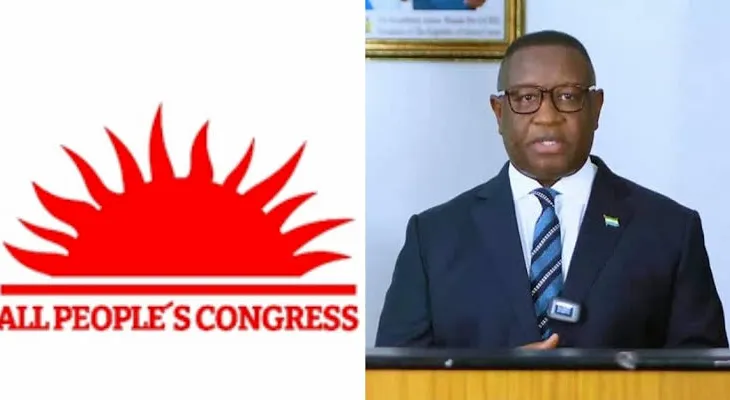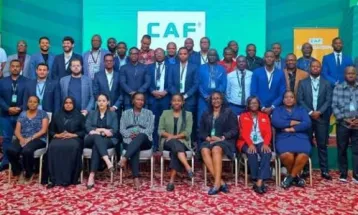
APC Raises Concern Over Delayed Salary Payments for Government Workers Nationwide
The All Peoples Congress (APC), Sierra Leone's main opposition party, has expressed serious concerns over the ongoing delays in salary payments to government officials. This issue, as highlighted by the We Yone News on June 5, 2024, is creating significant hardship for government workers across the nation.
The APC asserts that such financial mismanagement would not have occurred under their leadership. They argue that during their tenure, led by former President Ernest Bai Koroma, timely salary disbursements were a priority. The APC claims that throughout their nearly eleven-year governance, government employees received their salaries before the end of each month, with special provisions made to ensure early payments during holidays. This practice, they believe, demonstrated their commitment to the well-being of the country's workforce.
In stark contrast, the APC criticizes the current Sierra Leone People’s Party (SLPP) government under President Julius Maada Bio for failing to maintain this standard. The APC contends that the persistent delays in salary payments under President Bio have exacerbated the financial strain on government employees, especially during a period marked by high inflation and reduced purchasing power.
The We Yone News highlights that this delay is perceived by many as a departure from President Bio’s campaign promises of bringing positive change. The current administration's failure to prioritize timely salary payments is seen as a regression, undermining the trust of the populace who depend on these wages for their livelihoods.
Moreover, the We Yone draws attention to the wage disparity between government workers and the private sector, stressing the critical importance of timely salary disbursements for public servants. The financial stability of these workers is crucial, given their vital role in the country's operations and their need to support their families.
The APC further underscores their track record of advocating for the welfare of the populace, citing examples such as the increase in the minimum wage during their governance. This advocacy is contrasted with the SLPP's current approach, which the APC claims lacks empathy and consideration for the people's needs.
In conclusion, the APC and We Yone News suggest that the Bio administration should build upon the progress made by previous governments rather than backtrack on important issues like salary payments. The debate over salary delays has become a central point in Sierra Leone's political discourse, emphasizing the need for policies that prioritize the welfare of the people.
Ishaqa S. Jalloh
Ishaqajalloh@sierraleonews.com
+23278799279




















